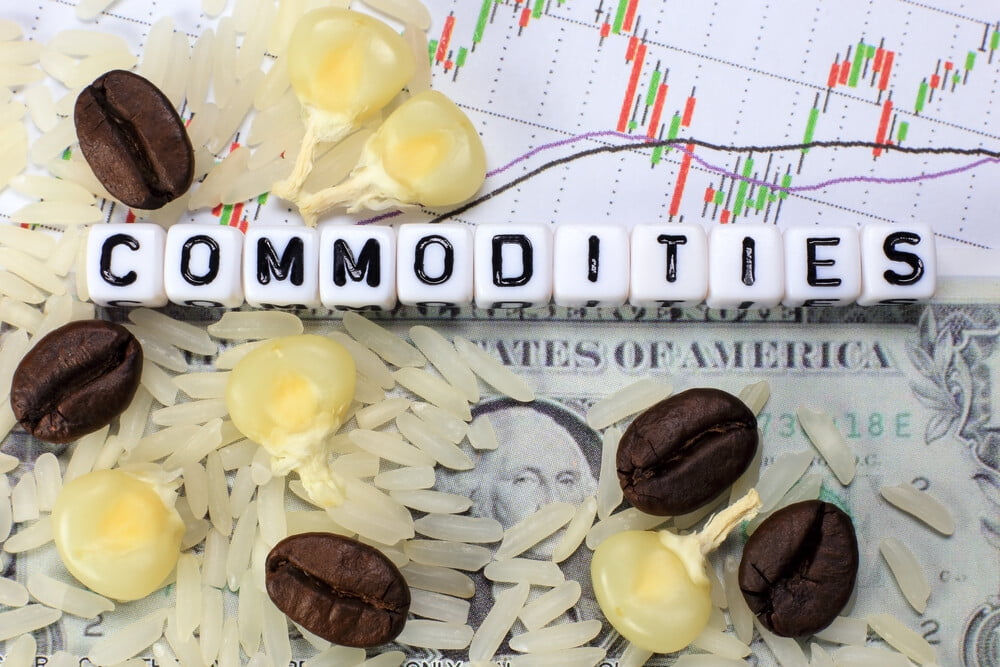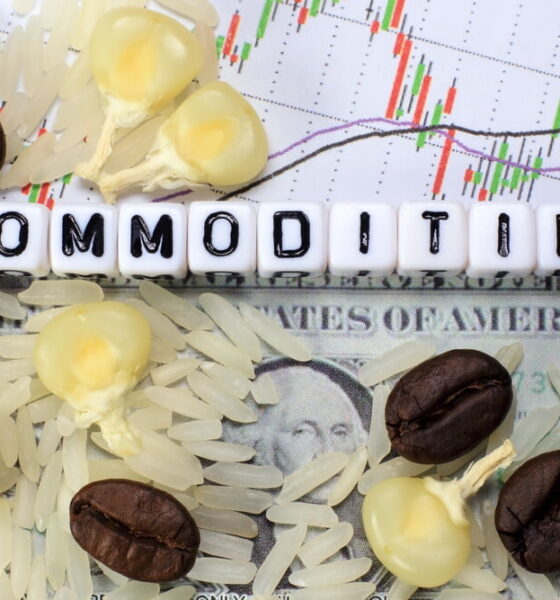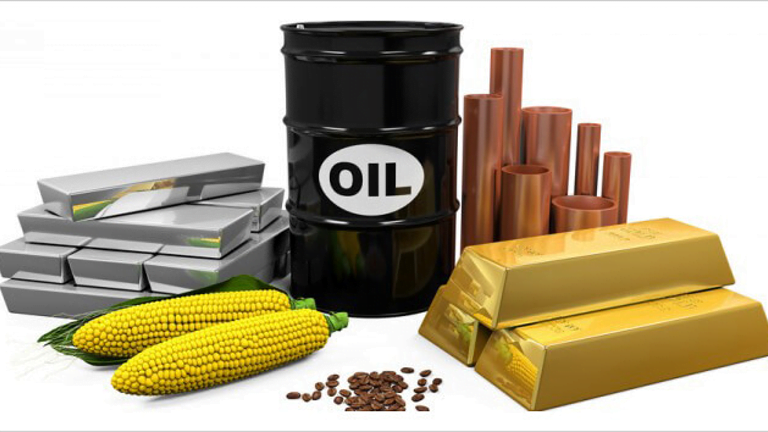

Economy
Commodity Trading Rises from Environment & Pandemic Concerns
Environmental concerns have created a lot of instability in the global economy in recent years. The pandemic has also added to this fears.
As both environmental and pandemic fears rise, global companies and governments are hedging against the risks that they pose. One of the steps that they are taking is investing more in commodities trading.
Commodities Trading Rises in Response to Global Warming and Covid-19 Fears
The past year had been dominated by the headlines related to the stock market, but not much attention had been given to the commodities market. Prices rose impulsively in 2020 on the back of US dollar weakness, and also on record-breaking trading interest coming from the retail side. Raw materials prices surged, alongside precious metals and energies, with potential negative consequences on the economic recovery. Some of this was due to the growing anxiety over the pandemic, but this figure also masks concerns about the worsening risk of climate change.

2020 – the year of disruptions in supply chains
In response to a rise in COVID-19 cases, governments all around the world-imposed lockdown measures during the first half of 2020, leading to disruptions in global supply chains. The supply fell in sync with the demand, causing commodity valuation to be depressed for several weeks. Similar issues had already begun due to changes in global warming, as climate caused natural disasters to strike around the world. However, the pandemic had a more acute impact on the global economy, so this disruption was felt harder than ever before. Nevertheless, the pandemic did also hint at some weak points in the global climate change response, which has led to greater pessimism.
However, as the US Federal Reserve opened up swap lines and provided USD liquidity in international markets, the market sentiment shifted, and commodity prices embarked on a massive bull run that’s still in place despite recent corrective moves downward.
2021 – a return to normal?
Vaccine deployments, as well as new knowledge about the coronavirus, have facilitated the easing of lockdown measures, even though countries like France imposed them again several weeks ago. Governments providing fiscal support contributed to a rise in broad money (M2), the highest since WWII, spurring speculation with commodities, alongside other leading asset classes.
The “return to normal” turns out to be a gradual process, depending on how fast each country manages to achieve herd immunity. If things continue to improve, demand for commodities should be elevated in the second half of 2021, facilitating more price speculation.
Unfortunately, the new normal still won’t be ideal, because climate change concerns will continue to hamper the world. We will need to continue to adapt to the problems that we have created.
Fiscal stimulus to keep upward pressure on commodities
We have talked about the importance of eco-friendly apps in the past. They have proven to be particularly important for mitigating environmental issues during the pandemic. However, there are other apps that are also important.
Now that any individual can use a trading app and get access to the financial markets, the share of retail trading volume is undergoing an astounding rise. According to rumors, in countries like the USA, some people are using part of their stimulus checks for investing/trading purposes, accelerating an already established trend.
As long as governments continue to spend on economic support, analysts expect to see persistent pressure on commodity prices, a factor which can dampen the prospects for economic recovery, if appreciations are notable.
Elevated speculation on commodities to continue as climate change fears continue and the pandemic responses stalls?
Even before the pandemic, global debt-to-GDP levels were near the highs seen at the end of WWII. When debt gets difficult to service, devaluing money is one of the most common approaches used by public entities. Faced with these prospects, people and institutions are expected to stay away from cash holdings and invest in liquid assets such as CFDs on commodities.
The consensus is that the COVID-19 pandemic and unresolved issues with climate change will have long-lasting effects on the global economy and if the US dollar doesn’t reserve course impulsively, there can be more upward pressure on commodity prices. In such an environment, commodity trading represents a way to take advantage of price movements and protect investors from the slow devaluation of money.


 Features11 months ago
Features11 months agoEco-Friendly Cryptocurrencies: Sustainable Investment Choices

 Energy11 months ago
Energy11 months agoThe Growing Role of Solar Panels in Ireland’s Energy Future

 Energy10 months ago
Energy10 months agoGrowth of Solar Power in Dublin: A Sustainable Revolution

 Energy10 months ago
Energy10 months agoRenewable Energy Adoption Can Combat Climate Change


























